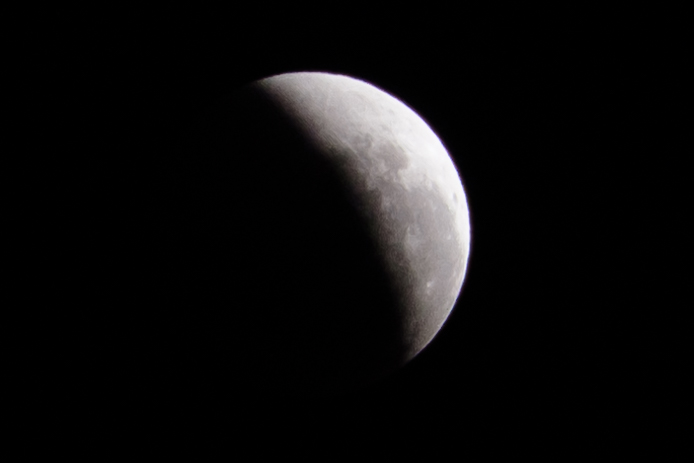Last week, Elon Musk’s SpaceX successfully launched their new Falcon Heavy, a more powerful rocket than anything flown since the Apollo era Saturn V. Media has been abuzz with excitement at the renewal of our spacefaring ambitions. But rather than the typical scientific experiments and satellites aiming to further our understanding of the world, SpaceX hauled up a car from their sister company Tesla and memetic references to popular sci-fi. Is there a place for science in the new private vision of space?
Since the rocket era dawned with the famous race between NASA and Soviet programs, space science and exploration have been publicly run, growing out of defence missiles and propaganda efforts. Despite these inauspicious beginnings, public stewardship put the focus of these programs on scientific research and understanding, carrying experimental payloads which expanded our knowledge. Without the budget for the kind of heavy lifting undertaken by Apollo, space agencies focused on small but effective payloads like the Martian rovers while performing long term experiments on the ISS.
Though the first launch carries clear risks, public space agencies have typically lifted useful scientific payloads even in these initial test flights. The European Ariane 5 carried satellites designed to study the magnetosphere on its infamous failed first flight. Their Vega started with a flight carrying a multiplicity of small scientific satellites. China’s first Shenzhou launch carried both seeds for science and tested signal intelligence packages for military purposes. But scientific study is built into the very core of these agencies. NASA’s mission is nothing less than to “drive advances in science, technology, aeronautics, and space exploration to enhance knowledge, education, innovation, economic vitality, and stewardship of Earth.”
Elon Musk’s SpaceX has none of these lofty values. The Falcon Heavy stunt is emblematic of what vision these private operators have for future space programs. It has no scientific payloads, no worthwhile experiments. Instead, it carries a Tesla Roadster, produced by another of Musk’s companies. A sound system playing David Bowie’s Life On Mars. A towel and copy of The Hitchhiker’s Guide to the Galaxy. The Falcon Heavy can reputedly lift 64 tonnes into orbit. But all they can think to haul up are these empty symbols of nostalgia, marketable as signifiers of geekery. The scientific domain debauched to sell more cars and build Musk’s celebrity.
This vapidity is more than just Musk’s ego, but can be found in all these new private operators. Rocket Lab launched a bright reflective satellite, hoping that “everyone looking up at the Humanity Star will look past it to the expanse of the universe, feel a connection to our place in it and think a little differently about their lives, actions and what is important.” Those who already look up at the expanse of the universe – astronomers – were rightly annoyed at the intrusion of this bright object, which blocked their view and studies of the cosmos. Simply going to space has no purpose. We need to do genuine scientific experimentation and study to make it worth the trip.
These publicity seeking moguls weaned on science fiction simply don’t understand or care about real scientific study. Their goal is profit, and researchers with meagre funding can’t compete with multinational companies and their marketing campaigns on that front. As the Trump administration mulls privatising the International Space Station, we need to properly consider what turning space over to profit driven corporations would mean for humanity’s future. Do we want a world enlightened by research and understanding or one with advertising billboards blocking out the night sky and Celebrity Big Brother: Mars?

